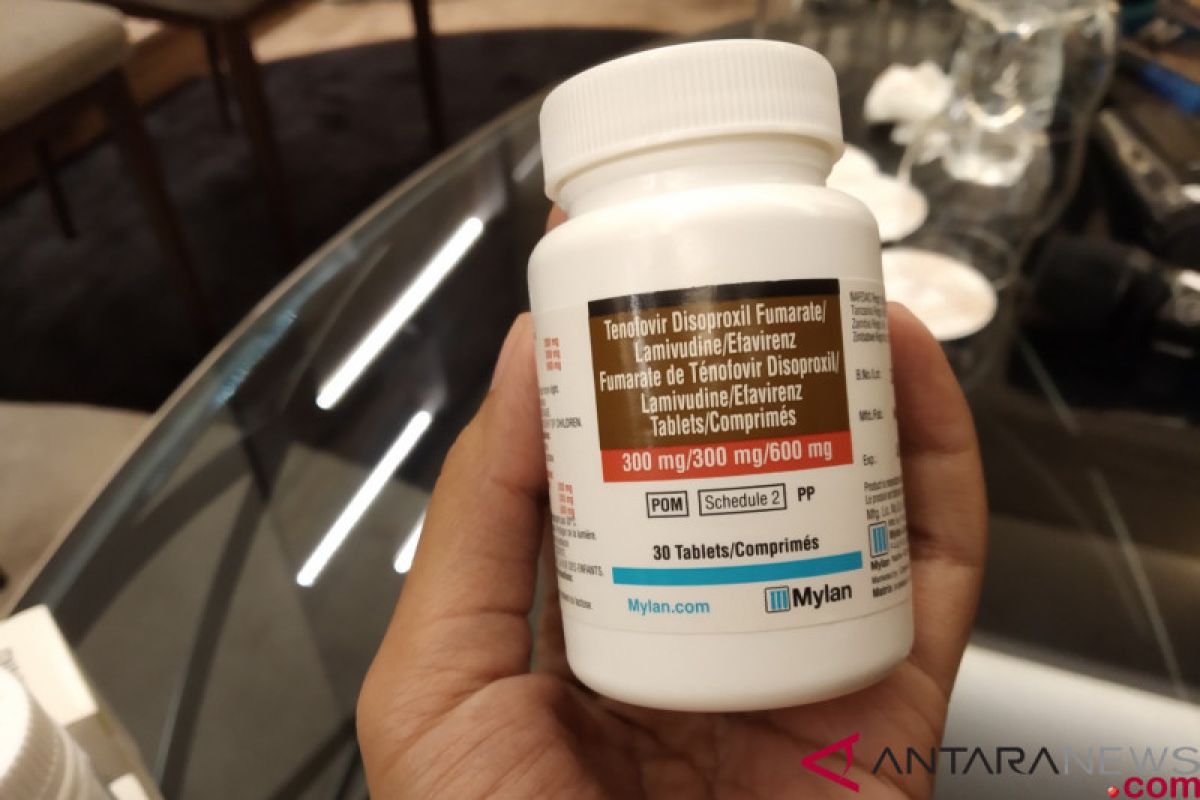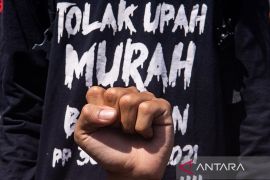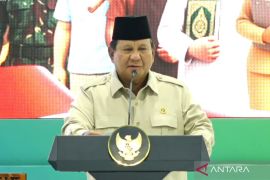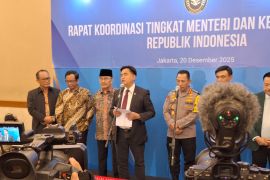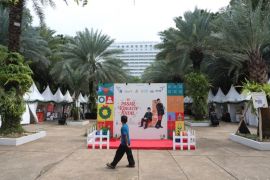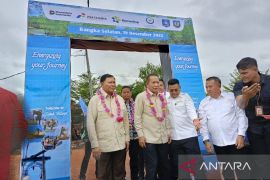HIV/AIDS medicines, whose selling prices need to be reduced, include the Antiretroviral Fixed Dose Combinations of Tenofovir, Lamivudin, and Efavirens (ARV FDC TLE), Indonesia AIDS Coalition (IAC) Executive Director Aditya Wardhana noted.
Kimia Farma and Indofarma Global had also participated in the Indonesian Ministry of Health`s bidding program in 2018, but the parties involved failed to reach an agreed price of the ARV TLE, Wardhana remarked in a statement as quoted by Antara here on Friday, Jan 11.
Hence, the IAC has urged the two state-owned pharmaceutical enterprises to bring down the ARV TLE prices, as they have, in fact, enjoyed huge profits from selling these HIV/AIDS medicines, he stated.
"In the international market, these HIV/AIDS medicines can be obtained at a price of Rp112 thousand, but the same medicines are sold by Kimia Farma to the Indonesian Government at Rp404 thousand," Wardhana noted.
Owing to the high profits that Kimia Farma enjoyed from selling the HIV/AIDS medicines, the state had to potentially incur wastage of funds of some Rp210 billion annually, he pointed out.
"If the prices of HIV/AIDS medicines can be reduced, a total of 150 thousand to up to 200 thousand HIV patients and people living with AIDS will be able to get access to ARV TLE," he stated, adding that other pharmaceutical companies should participate in the government`s auction.
The participation of other companies will create a more healthy competition among the bidders, and this would avoid a monopoly, Wardhana suggested.
According to UNAIDS, in 2016, some 620 thousand people were living with HIV, of which 13 percent were "accessing antiretroviral therapy."
The organization, which leads global efforts to end AIDS as a public health threat by 2030 as part of the Sustainable Development Goals, further revealed on its official website that "Indonesia had 48 thousand new HIV infections and 38 thousand AIDS-related deaths."
Among those affected by HIV and living with AIDS are pregnant women. In 2016, some 14 percent of the total number of HIV patients received "treatment or prophylaxis to prevent transmission of HIV to their children."
The UNAIDS also reported that "an estimated 3,200 children were newly infected with HIV due to mother-to-child transmission."
The UNAIDS noted that HIV mainly affects those in Indonesia that are "sex workers; gay men and other men who have sex with men; people who inject drugs; transgender people; and prisoners."
Reporting by Anita Permata Dewi
Editing by Rahmad Nasution
Reporter: Antara
Editor: Azizah Fitriyanti
Copyright © ANTARA 2019
